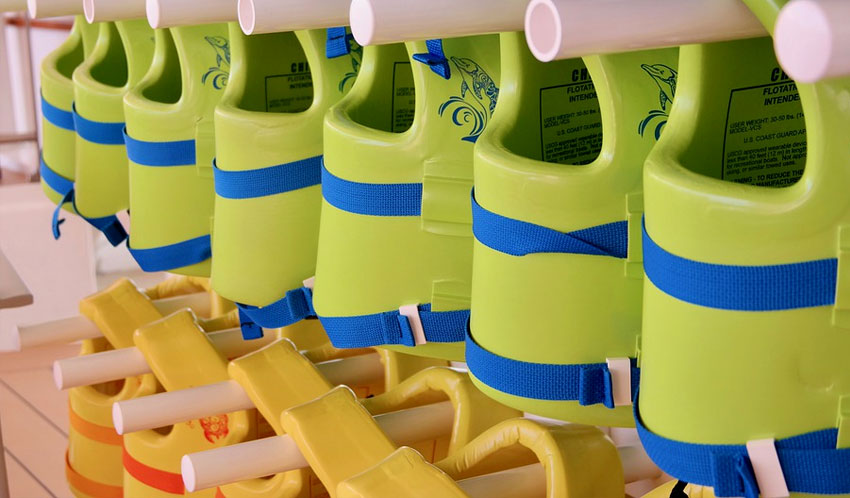Recreational boating can be fun with your friends or family. It gives everyone on board the chance to explore the beautiful outdoors and some exciting water-based activities. However, you need to be prudent on the water as a boater. This would ensure that the safety of individuals on board is not compromised. In the past few years, there has been a rise in boat accidents in the United States.
According to a report published in June 2021, more than 700 boating fatalities occurred across the nation. All of these happened in just one year, that is, from 2019 to 2020. If you’re a boat owner, it’s your responsibility to keep it in a proper condition. The passengers can also play their part in ensuring safety on board. Here are some of the things that you need to do to ensure safe boating:
1. Have a vessel safety check done
Usually a vessel safety check or VSC is free and an important procedure. If your boat doesn’t comply with the regulation applicable, you don’t need to worry. This procedure comes with no consequences. The objective of VSC is to make sure that boating is a safe activity for everyone involved.
2. Take a boating course
The U.S. Coast Guard has boating courses for boaters at all levels. Such courses come with all the necessary instructions to ensure boating safety. Of course, you can also take one of the many alternative courses. There are many organizations that offer boating safety courses and most of them are free.
3. Know the weather in advance
Before taking a boat ride, it’s absolutely necessary to check long-term and short-term weather predictions. This can keep you informed about the possible dangers that the weather could bring, if any. You’ll then be able to keep the key items and supplies handy according to the situation.
4. Keep the right number of life jackets on board
Before you embark on the boating trip, make sure that there is a life jacket for every single passenger. It’s also essential that you have life jackets of all sizes to match the requirements of different passengers. The height and weight of the individuals must be considered while providing these jackets.
You must also consider the type of water-based activities you plan to offer them during the trip. Lastly, you must educate everyone on the boat about the importance of using the jackets properly.
5. Avoid overloading your boat
There’s a certain limit to the number of people and the amount of cargo that your boat can take. So, you must never go beyond that prescribed limit. Overloading can make your boat lose its stability and can capsize during the trip. It’s always a good idea to keep the number of passengers and cargo items below the boat’s maximum capacity.
6. Don’t drink alcohol
Both you and your passengers must avoid drinking any kind of alcoholic drinks during the trip. Alcohol can have some negative effects on vision, judgment, co-ordination, and balance. When you or any of your passengers is under alcohol’s influence, there’s always a risk of an accident.
Any of you might swim into the propeller or lose the ability to swim altogether. The boat may also capsize if the passengers are not stable during the trip. Above all, there’s always a probability of getting a cold water shock when a person is drunk.

